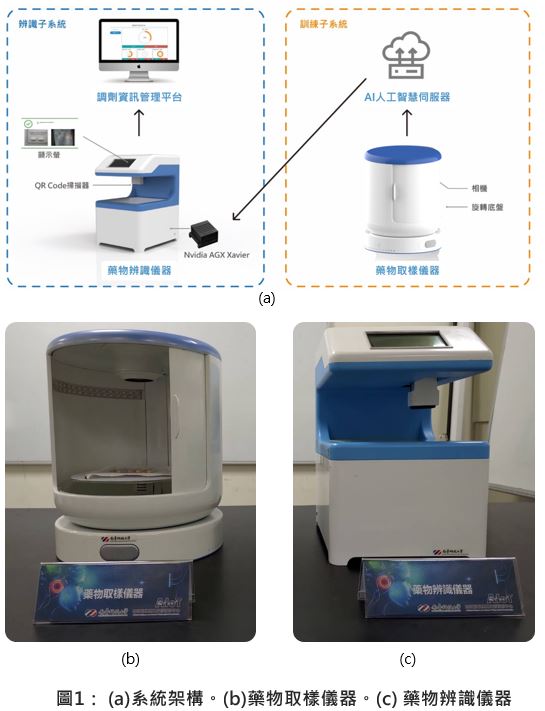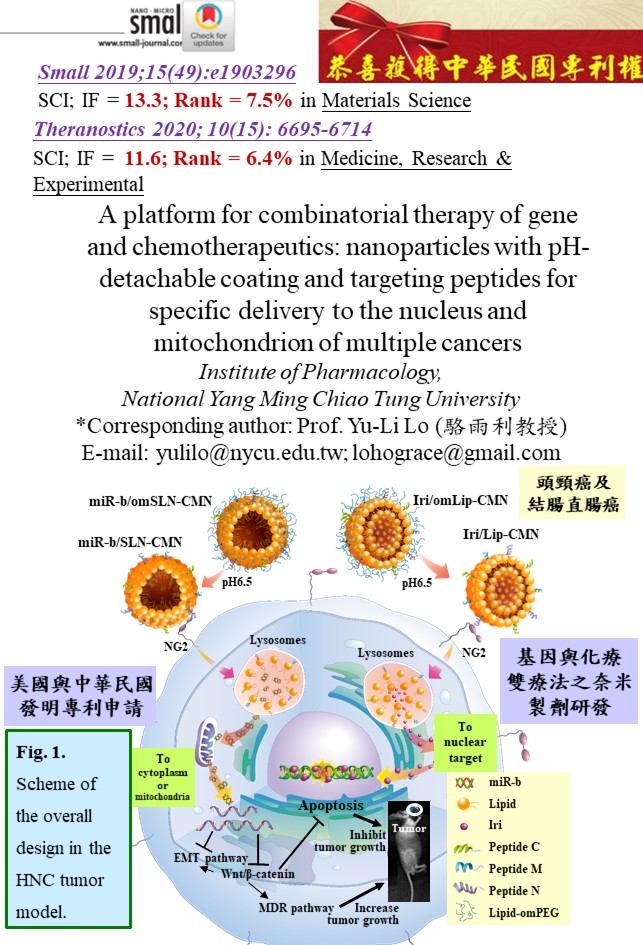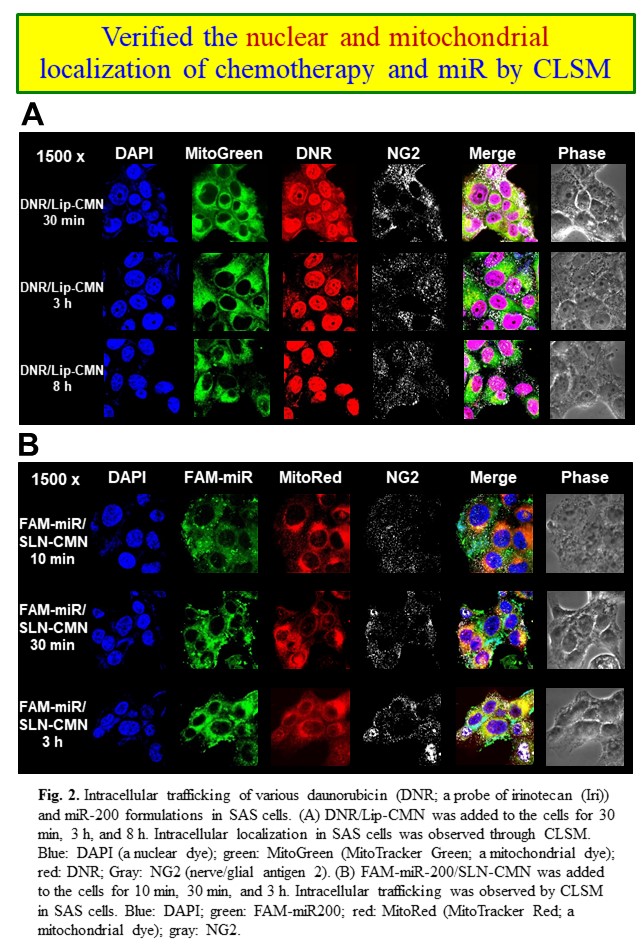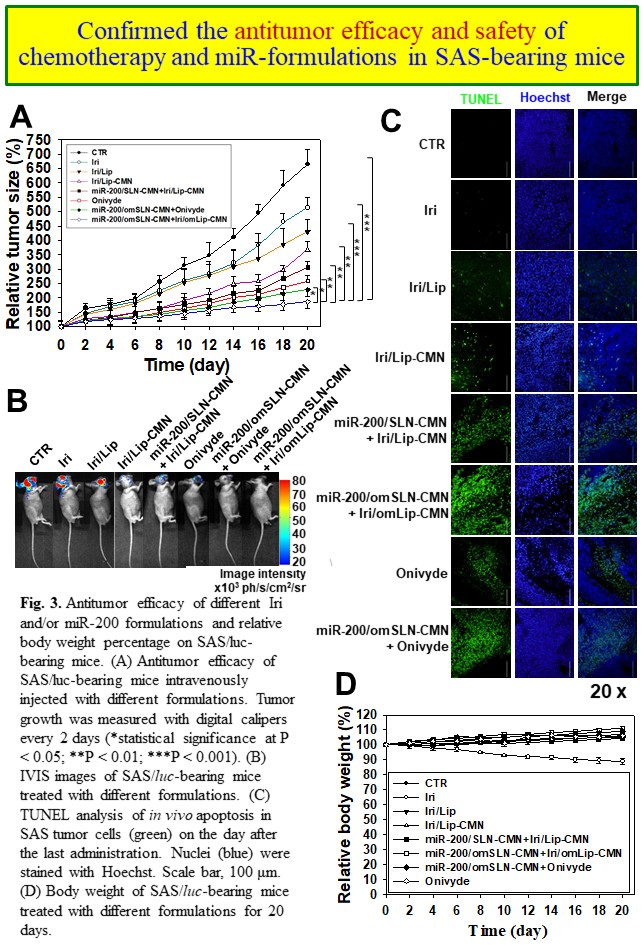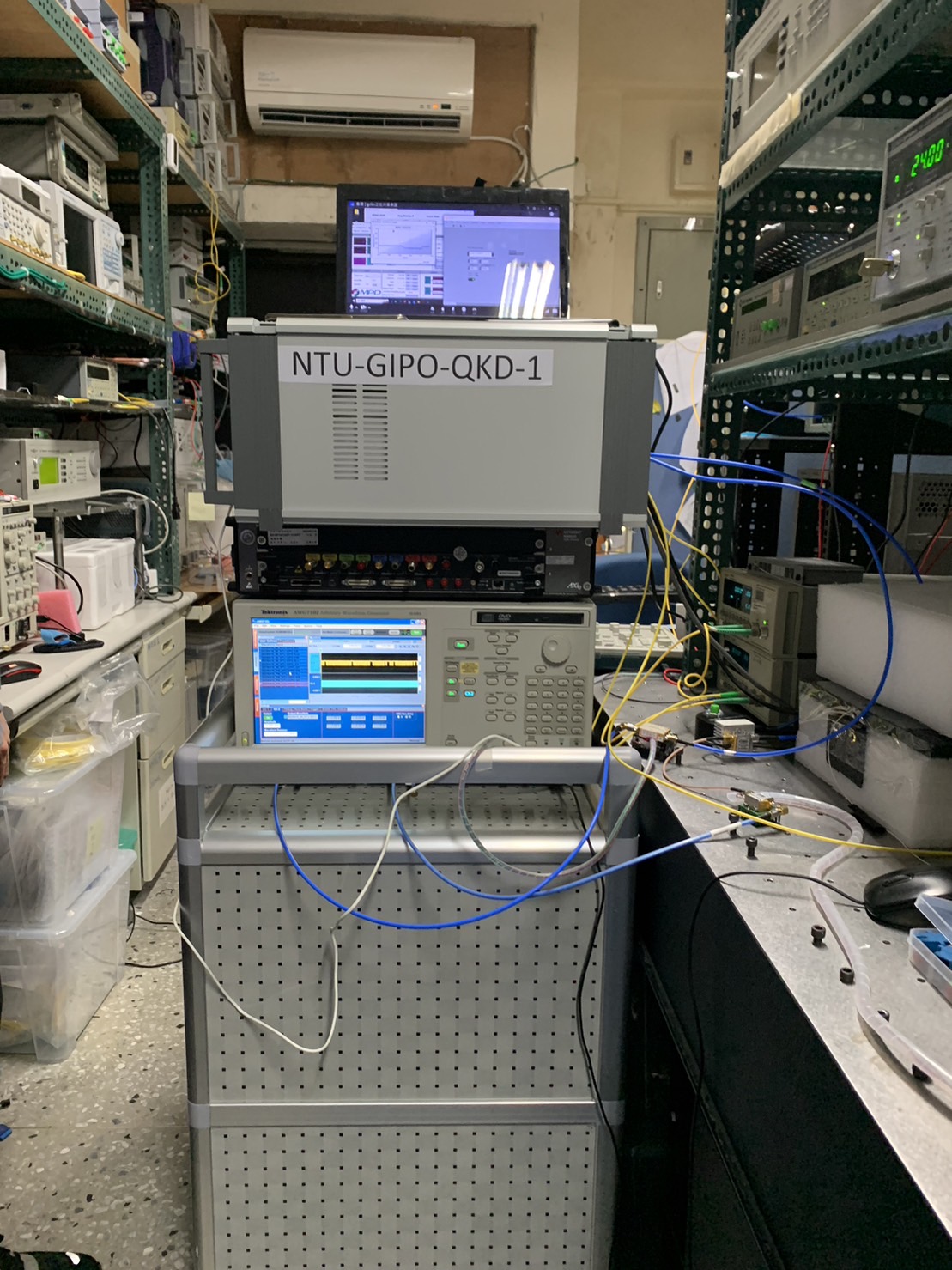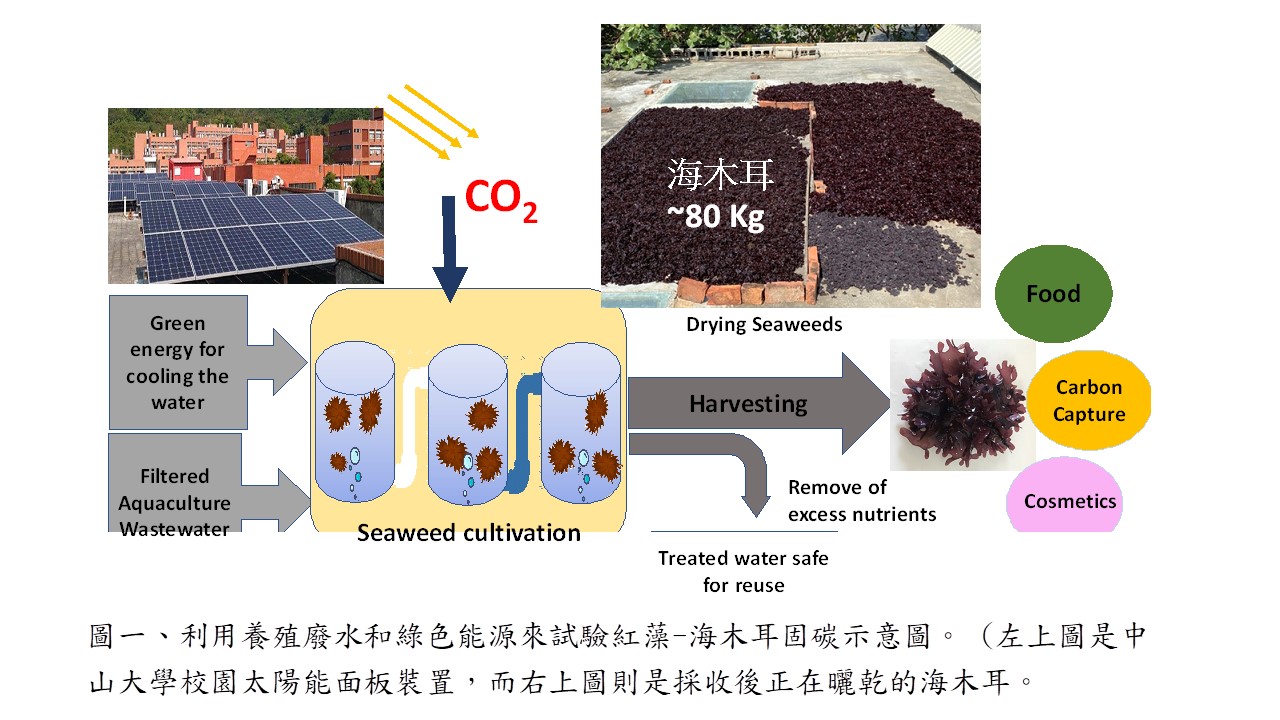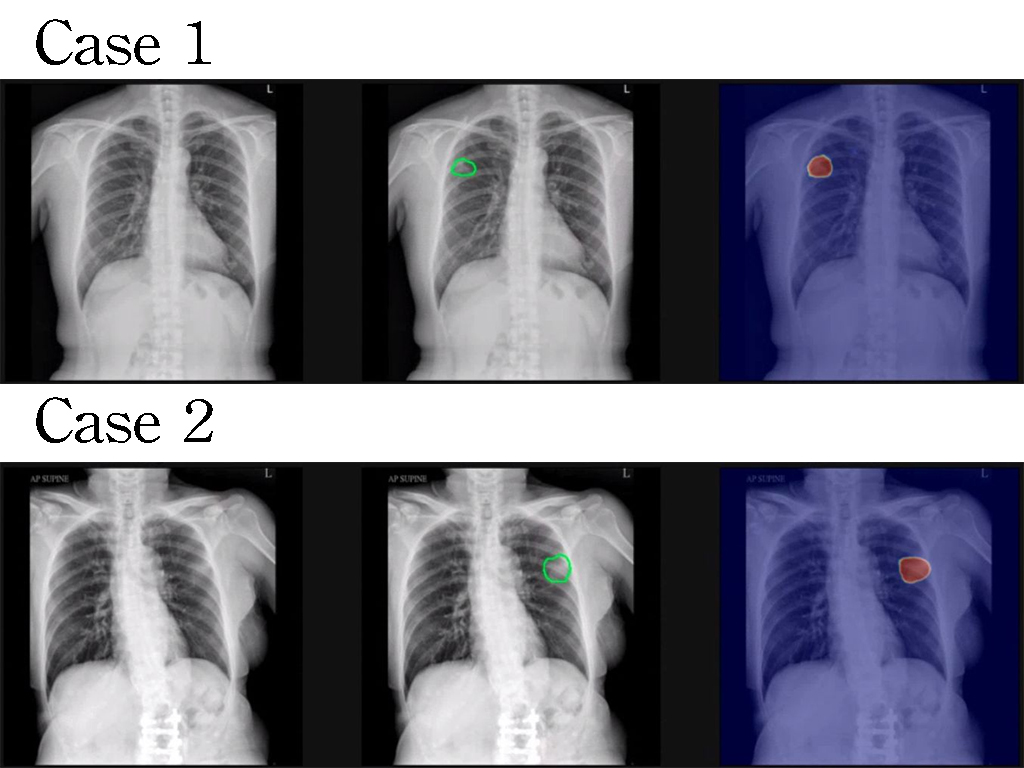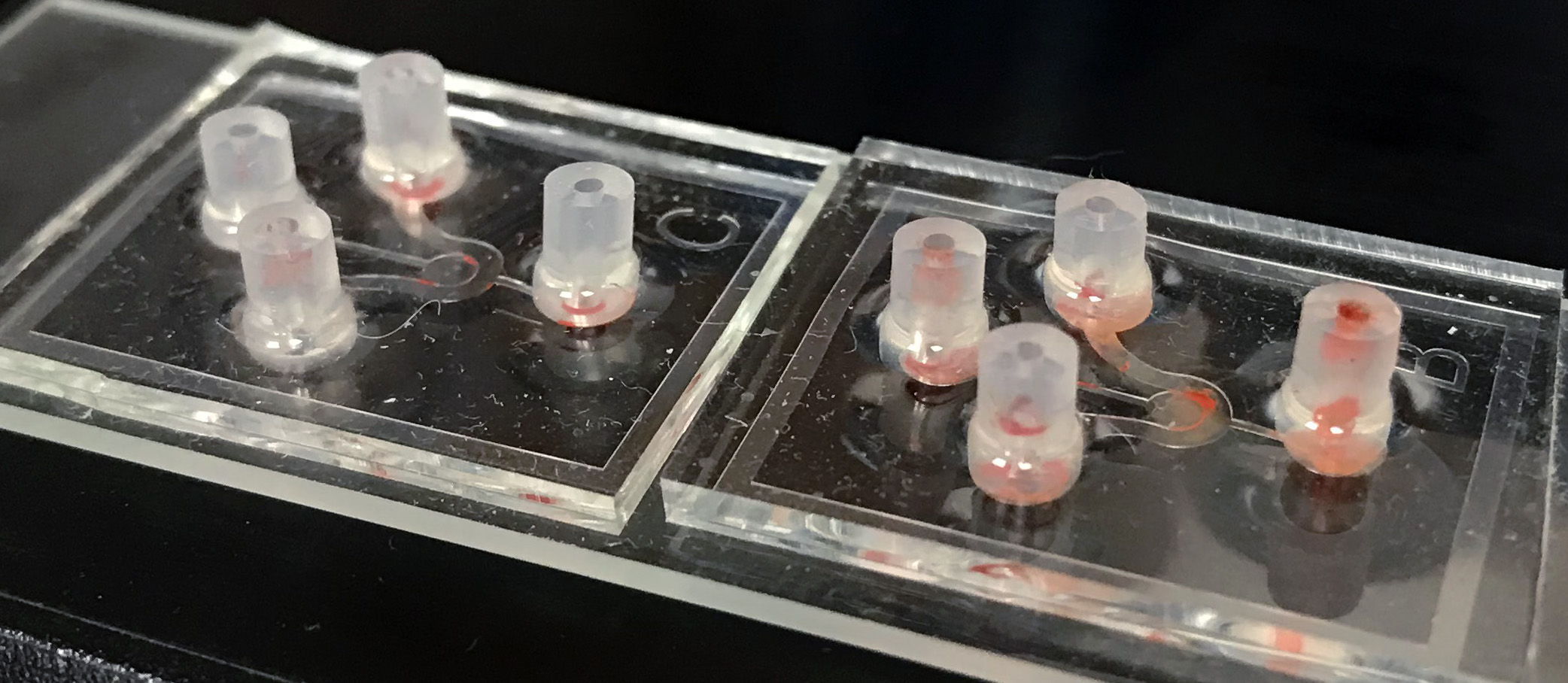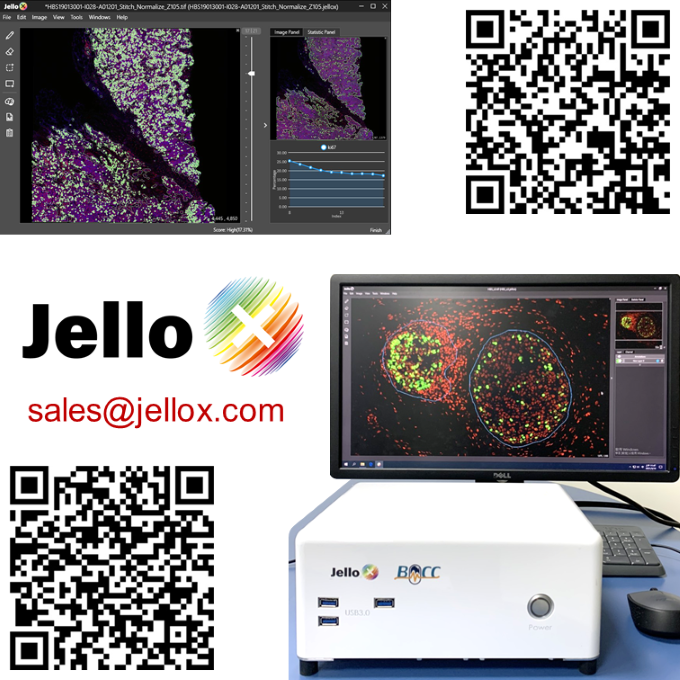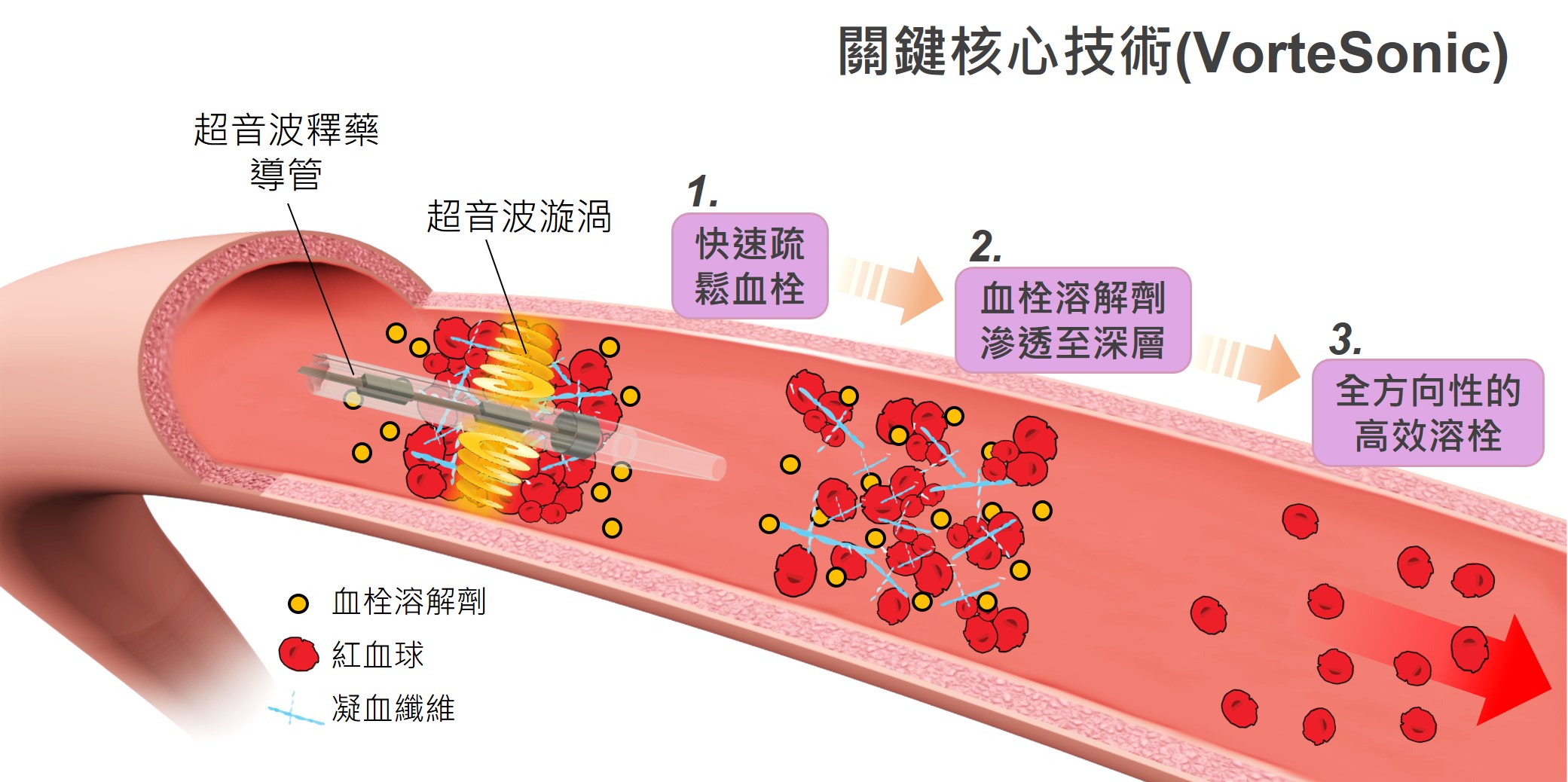| 技術名稱 | 多層次酸鹼應變脫殼及標靶胜肽修飾之細胞核和粒線體雙靶向奈米粒可針對多種癌症遞送抗癌藥物和基因療法之技術平台 | ||
|---|---|---|---|
| 計畫單位 | 國立陽明交通大學藥理學研究所 | ||
| 計畫主持人 | 駱雨利 | ||
| 技術簡介 | 開發pH應答型奈米粒,具有可脫離之外殼層和多功能胜肽修飾,並有主動靶向、同時組合遞送基因和化療藥物的特性,故提供了pH系統和化療藥物合用的新型治療平台,可在適當的時間及地點,有效運送藥物標的到細胞核或粒線體,並同步抑制腫瘤的多重訊息傳遞路徑,所以極具潛力可提高癌症療法的成功率和安全性。 |
||
| 科學突破性 | 此研發成果兩個特點:_x000D_ 使用亞胺鍵的優點:使用酸鹼解離型長鏈PEG亞胺衍生物修飾奈米粒外殼,可讓胜肽不會被血液循環中的分解酵素破壞,在腫瘤的酸性環境中亞胺鍵可水解脫離,而將這些標靶及穿透胜肽暴露出來。_x000D_ 針對胜肽序列的特異性:可標的到腫瘤表面受體與細胞核/粒線體,並誘導癌細胞 |
||
| 產業應用性 | 此研發組合具有下列產業應用優勢: 這三種胜肽不僅可促進奈米粒標的到大腸癌、胰臟癌及頭頸癌等,而且可增加抗癌藥物穿透進癌細胞,進一步標的到細胞核或粒線體,並誘導癌細胞凋亡。在大腸癌及頭頸癌荷腫瘤小鼠上,較智擎生技已上市之Onivyde有較佳之抗腫瘤效應及對非腫瘤組織有較低(或一樣)的毒性。 |
||
| 媒合需求 | 天使投資人、策略合作夥伴 |
||
| 關鍵字 | 微小RNA 抗癌藥物 pH應答PEG亞胺衍生物 胜肽 奈米粒 腫瘤惡化 抗藥性 細胞凋亡 癌症 基因療法 | ||
- 聯絡人
- 駱雨利
- 電子信箱
- yulilo@nycu.edu.tw




